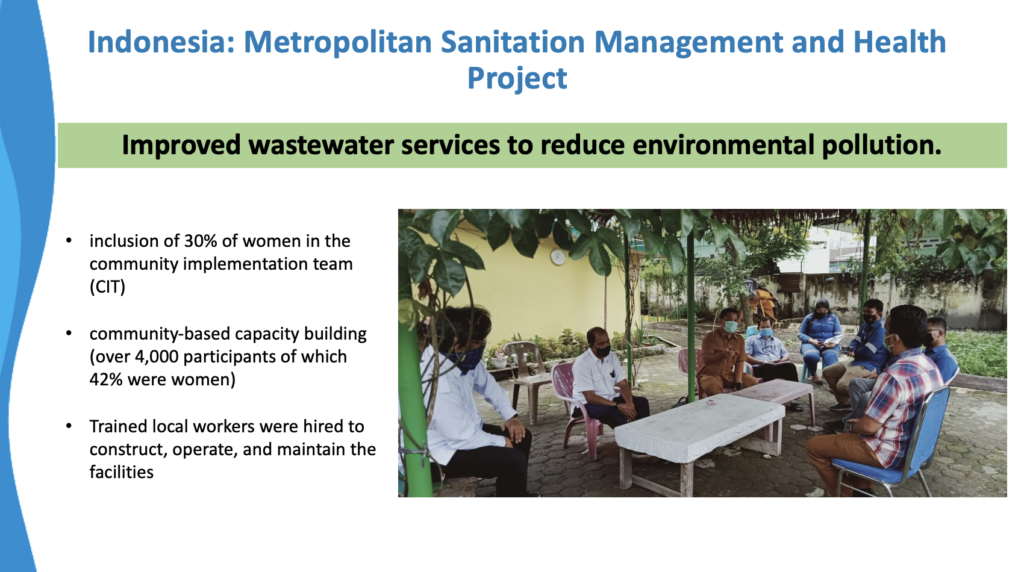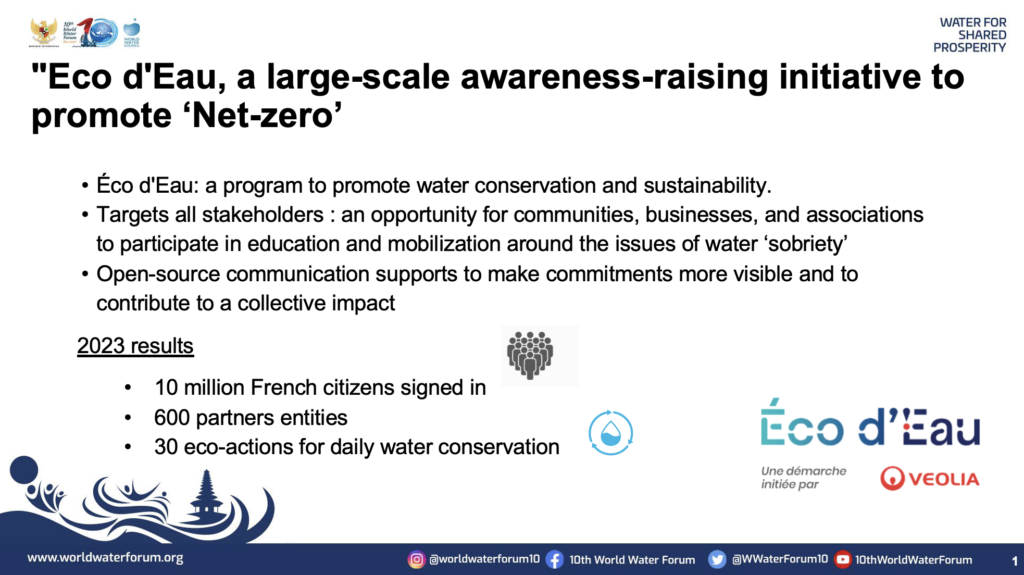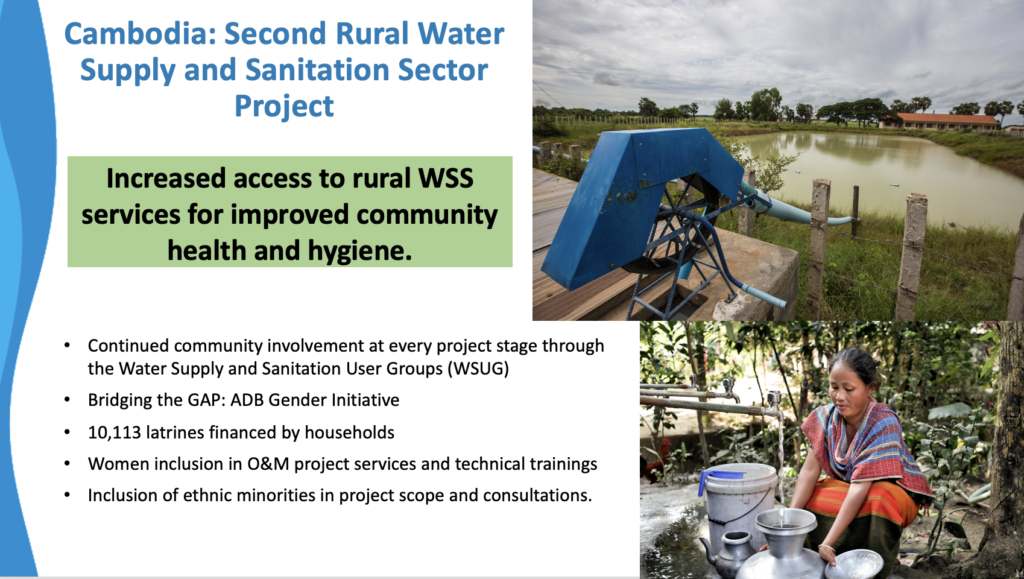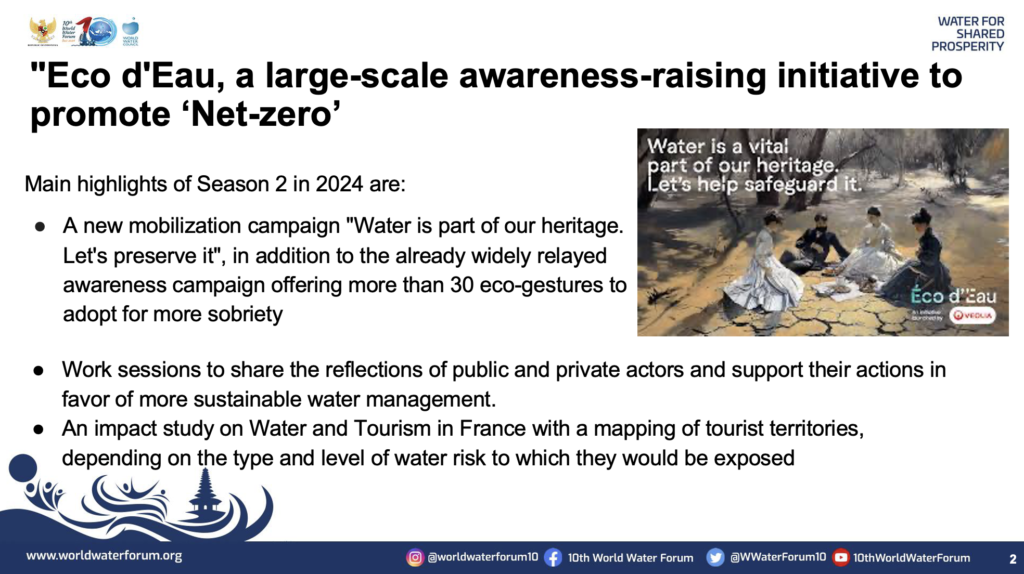As the concept of “Net Zero” for carbon has galvanized global efforts towards climate action, there is a growing need to establish a similar compelling movement for water. This session aimed to inspire a wider audience to recognise water as a valuable and limited commodity and create a movement as evocative as “Net Zero” is for carbon. May 22nd at the World Water Forum, HR2W co-hosted the “Achieving a Net Zero equivalent for water and the role of partnerships” workshop along with ADB, CAF, GWP and Veolia.
The workshop brought together inspirational thinkers and leading examples of projects that have successfully navigated financial barriers to water investment. The speakers, Satoshi Ishii (Director, Strategy and Partnerships Team, Water and Urban Development Sector Office, Asian Development Bank, Manila), Armelle Perrin-Guinot (Social Commitments Director, Veolia, Paris), Agustin Alonso Daher (Water and Sanitation Specialist, CAF – Development Bank of Latin America), Tanya Huizer (Senior Water Resilience Specialist, Asian Development Bank, Manila), and Eddie Riddell (Regional Coordinator: GEF7-IW program, Limpopo Watercourse Commission (LIMCOM), GWP) each presented a specific case study showcasing how they persuaded investors, often through blended finance or public-private partnership (PPP) models, to view their projects as investible from a risk and return perspective. These projects also highlight the added benefits of water investment for broader Sustainable Development Goals (SDGs). “Water Positive” was the winning phrase for the new Net Zero for water which means to be positive when using water – put back more than you use, and make water quality better – for everyone.
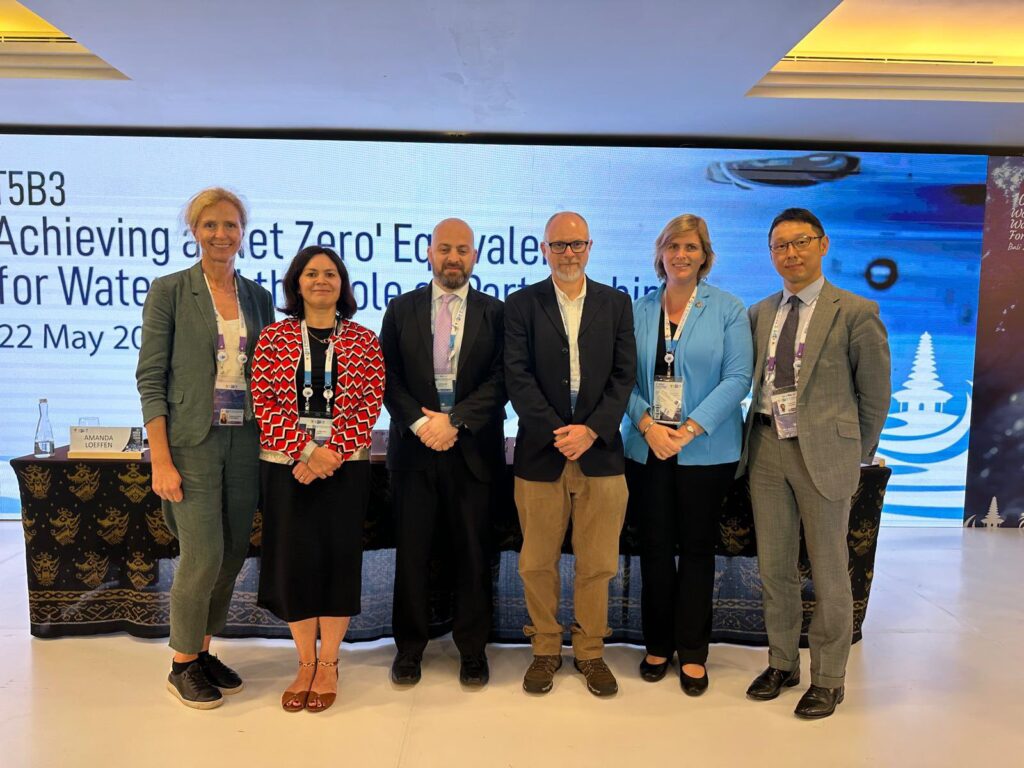
Figure 1: Presenters, from left, Amanda Loeffen (moderator), Aremelle Perrin-Guinot, Agustin Alonso Daher, Eddie Ridell, Tanya Huizer and Satoshi Ishii.
